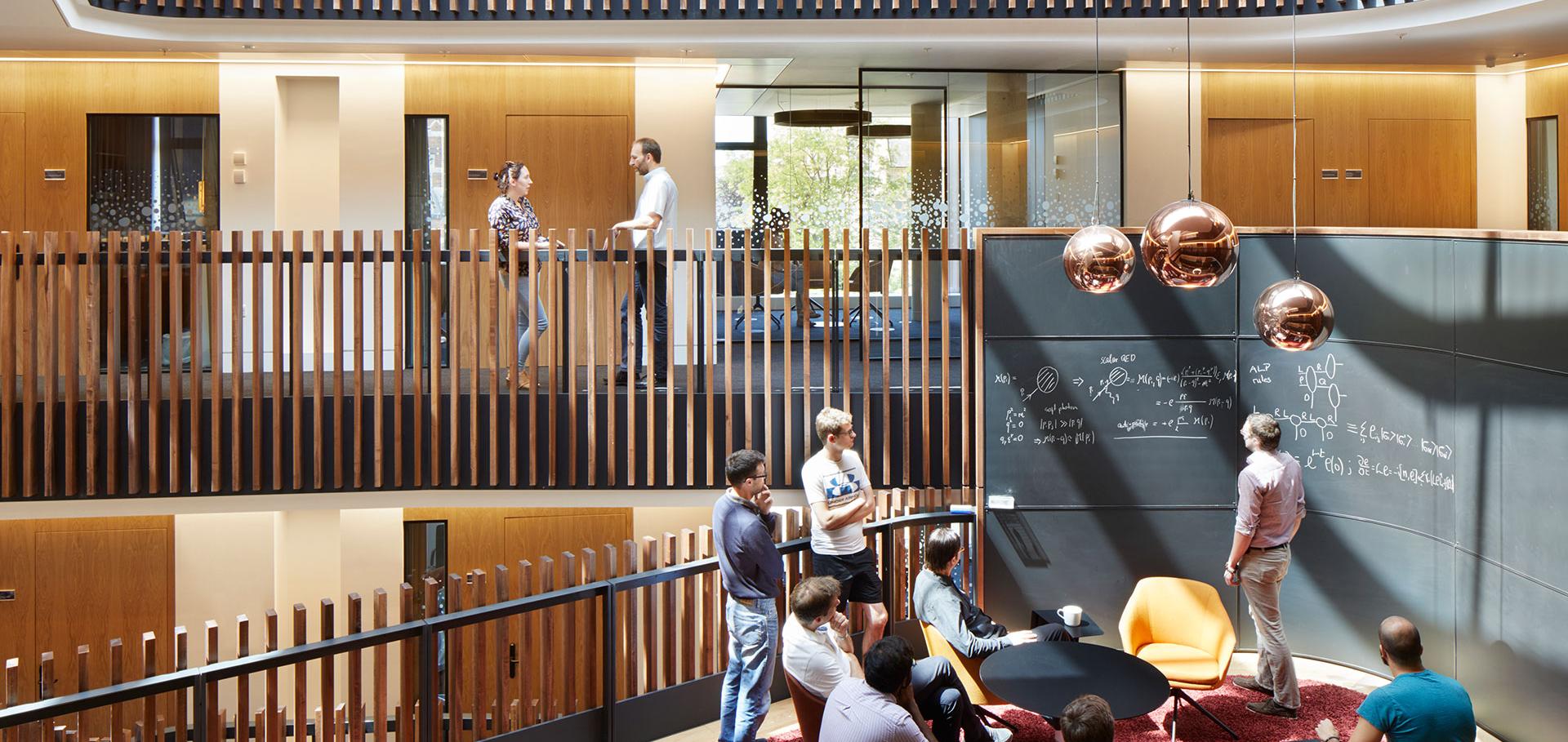Non-reciprocal active-matter: a tale of “loving hate, brawling love” across the scales
Europhysics news EDP Sciences 55:3 (2024) 12-15
Nonequilibrium phenomena in driven and active Coulomb field theories
Physica A Statistical Mechanics and its Applications Elsevier 631 (2023) 127947
Enhanced diffusion of tracer particles in nonreciprocal mixtures
Physical Review E American Physical Society (APS) 108:5 (2023) 054606
Lorentz Reciprocal Theorem in Fluids with Odd Viscosity
Physical Review Letters American Physical Society (APS) 131:17 (2023) 178303
A DNA turbine powered by a transmembrane potential across a nanopore
Nature Nanotechnology Nature Research 19:3 (2023) 338-344

